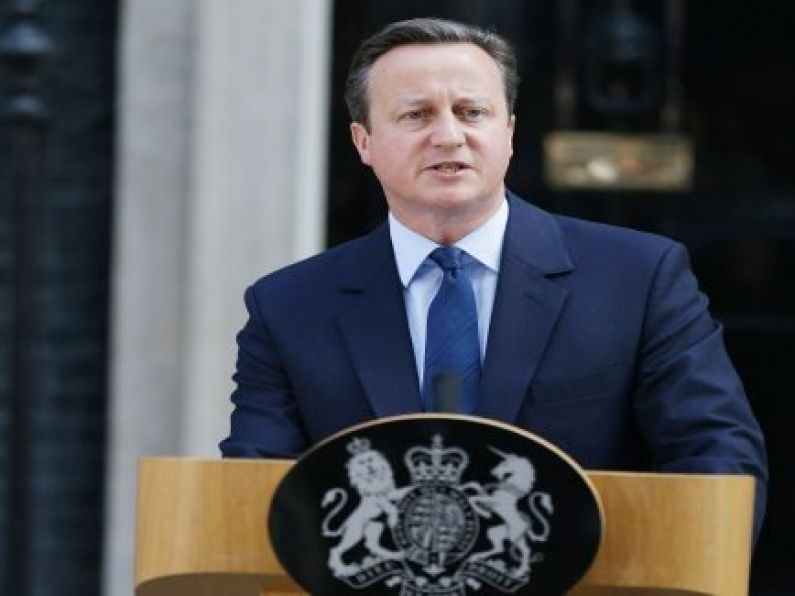Almost five years ago, two rebel UK Conservative MPs, Douglas Carswell and Mark Reckless resigned, triggering two local by-elections writes Justin Doyle
They both stood for and won their respective by-elections as Ukip candidates.
For fear of more Tory resignations and defections to the nationalistic, anti-immigration Ukip ahead of the May 2015 UK general election, the then UK prime minister David Cameron bowed to pressure from the right-leaning section of his party and made a campaign promise for an in-out referendum.
With the reverberations of that now infamous Brexit vote just over 32 months ago still reverberating, sterling is more often than not the first respondent of current Brexit sentiment.
As a net exporter to the UK, a strong British economy and an even stronger pound are crucial for the Irish export sector to remain competitive.
Leading up to the seismic Brexit vote of June 2016, Irish exporters were comfortable with the euro trading in a range between 70 pence 80 pence.
It had traded at an average rate of just over 77 pence in the 32 months prior to the referendum with relatively limited volatility.
As is the norm, it is sterling that historically tends to bear the burden of uncertainty.
It suffered horrendously during the apex of the global financial crisis in 2009 and while not as violent or pronounced as 10 years ago, the pound has had little to cheer about since the shock result of June 2016.
Now with just under five weeks left before ‘B-Day’ on March 29, sterling, at just above 87 pence, remains close to its average rate for the 32 months since the referendum.
The 13% difference in the value of sterling is a hard pill to swallow for the Irish exporters.
There has, however, been some mild reprieve for Irish exporters selling into the UK despite the approaching March 29 ultimatum.
It is, however, worth noting that there are several contributing factors to its recent resurgence against the single currency.
Most importantly, the rhetoric surrounding the chances of a catastrophic no-deal Brexit has softened significantly in recent weeks. While Ms May refuses to rule that scenario out completely, it seems that the closer we move to the deadline, the less appetite key stakeholders have in going down that unchartered route.
One must also be mindful that some significant divergence in monetary policies between the respective central banks — the ECB and Bank of England.
Consistently disappointing economic data points emanating from the eurozone in recent weeks — Germany narrowly dodge arecession — has seen the ECB language shift once again to a more accommodative tone, putting renewed pressure on the single currency.
On the other side of the equation, a justifiably anxious Bank of England is somewhat counter-intuitively not ruling out the possibility it might need to raise rates in the face of any inflationary supply shock that a no-deal Brexit may throw up.
All this is helping to keep the pound attractive from a future yield differential perspective.
Last Tuesday, the pound enjoyed one of its strongest trading days of the last 12 months.
The catalyst of the move was very positive UK employment data, which saw the number of people in employment in the UK hit a record high.
Aiding the move was the release later in the morning of weaker-than-expected German survey data, where the assessment of the current economic position hit its worst level in four years.
The pound was further boosted by rumours that some progress was being made in negotiations with the EU over a revised backstop deal.
We can expect some more of the usual volatility between the euro and the pound in the coming days.
As it stands, Investec’s central Brexit case still assumes that a deal will transpire, if not before the March 2019 deadline, then some time within an official extension period.
It seems that the market is also pricing in this outcome at present.
Justin Doyle is treasury dealer at Investec Bank Ireland






